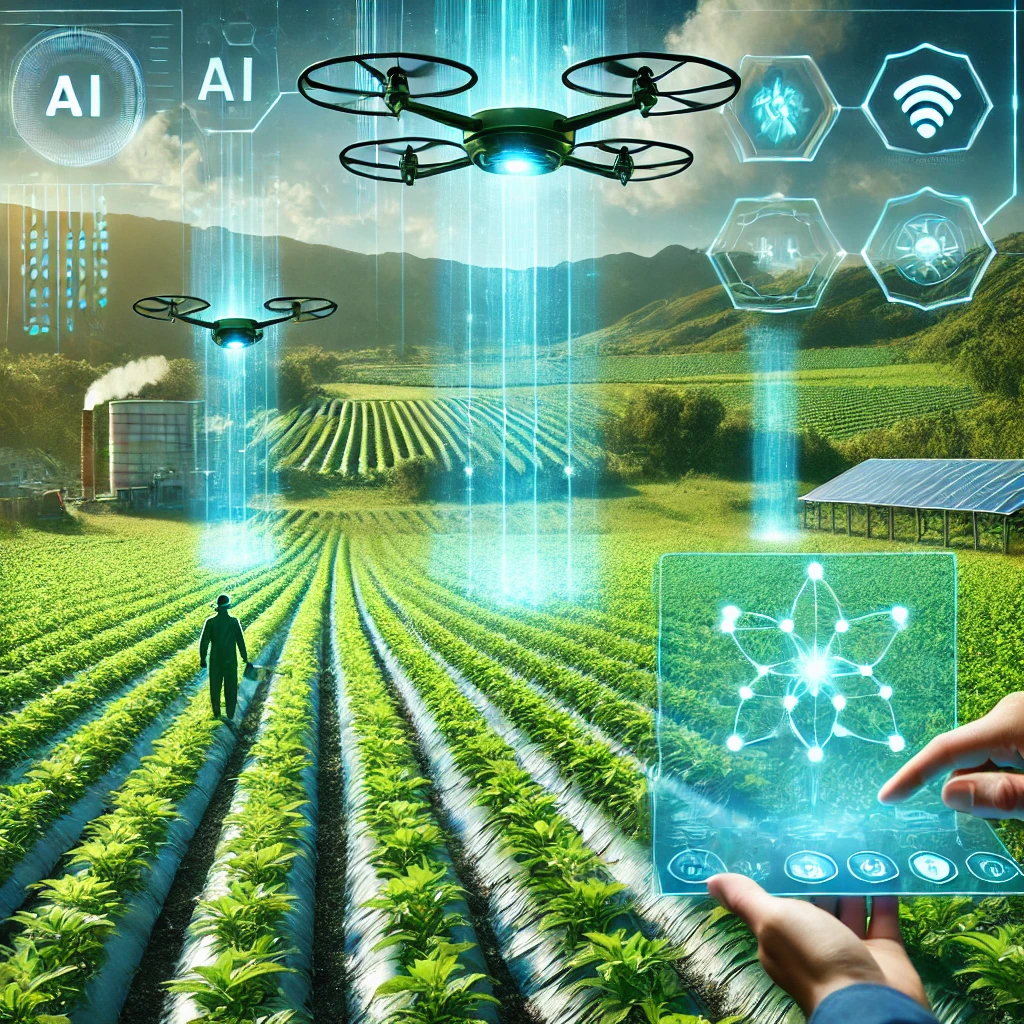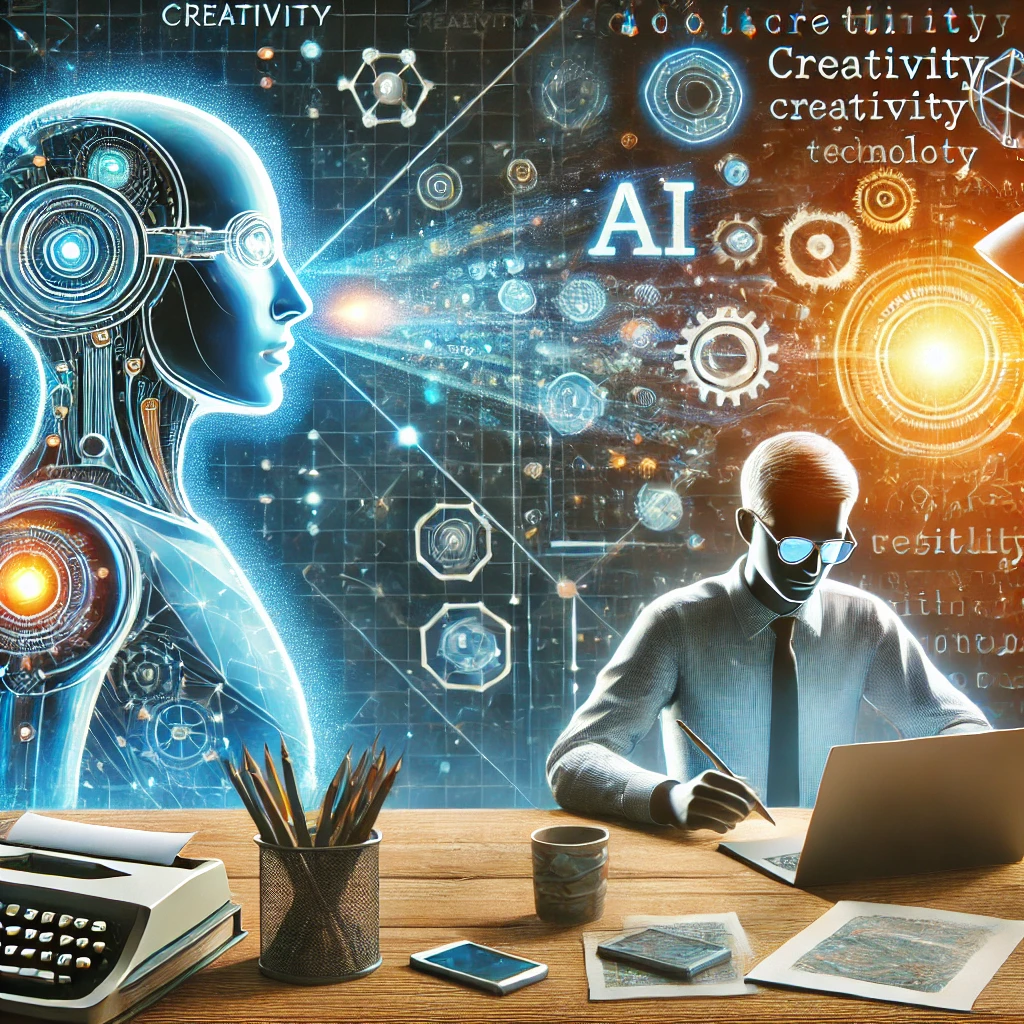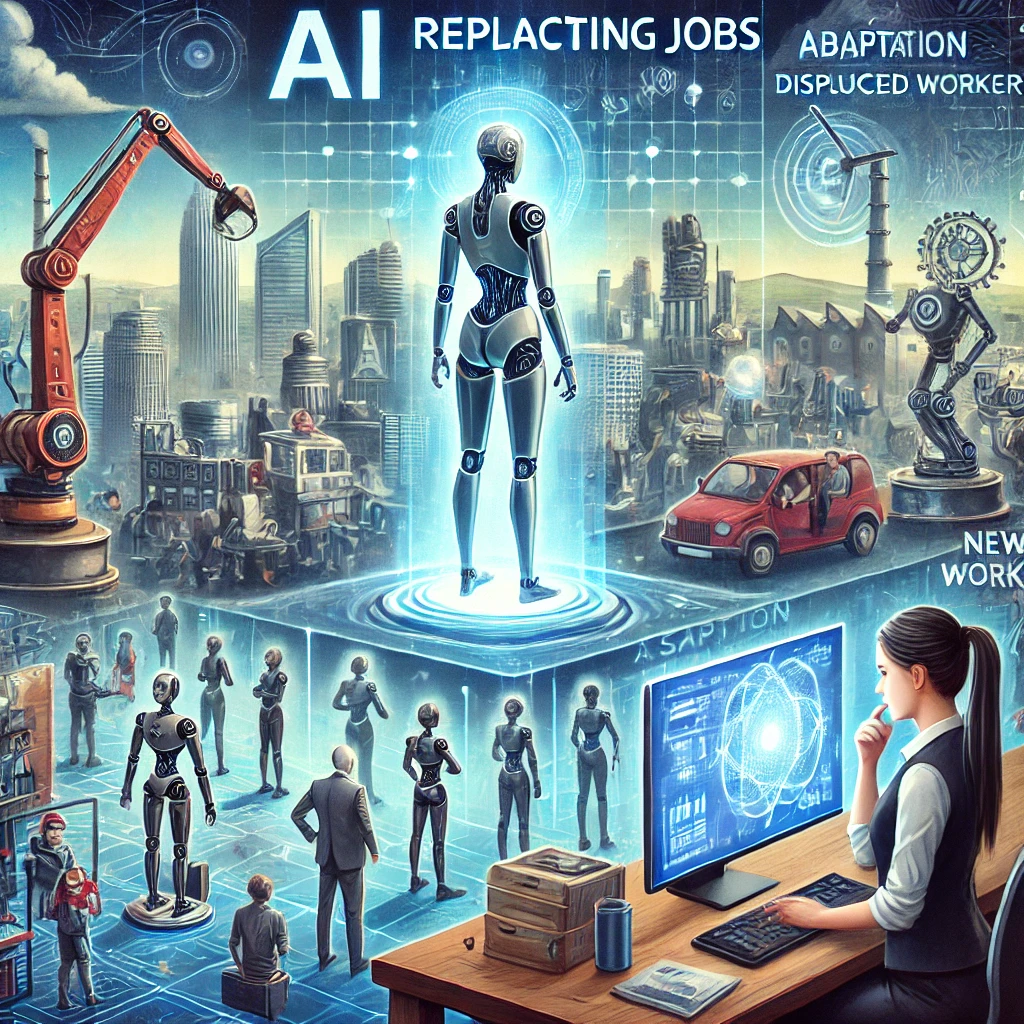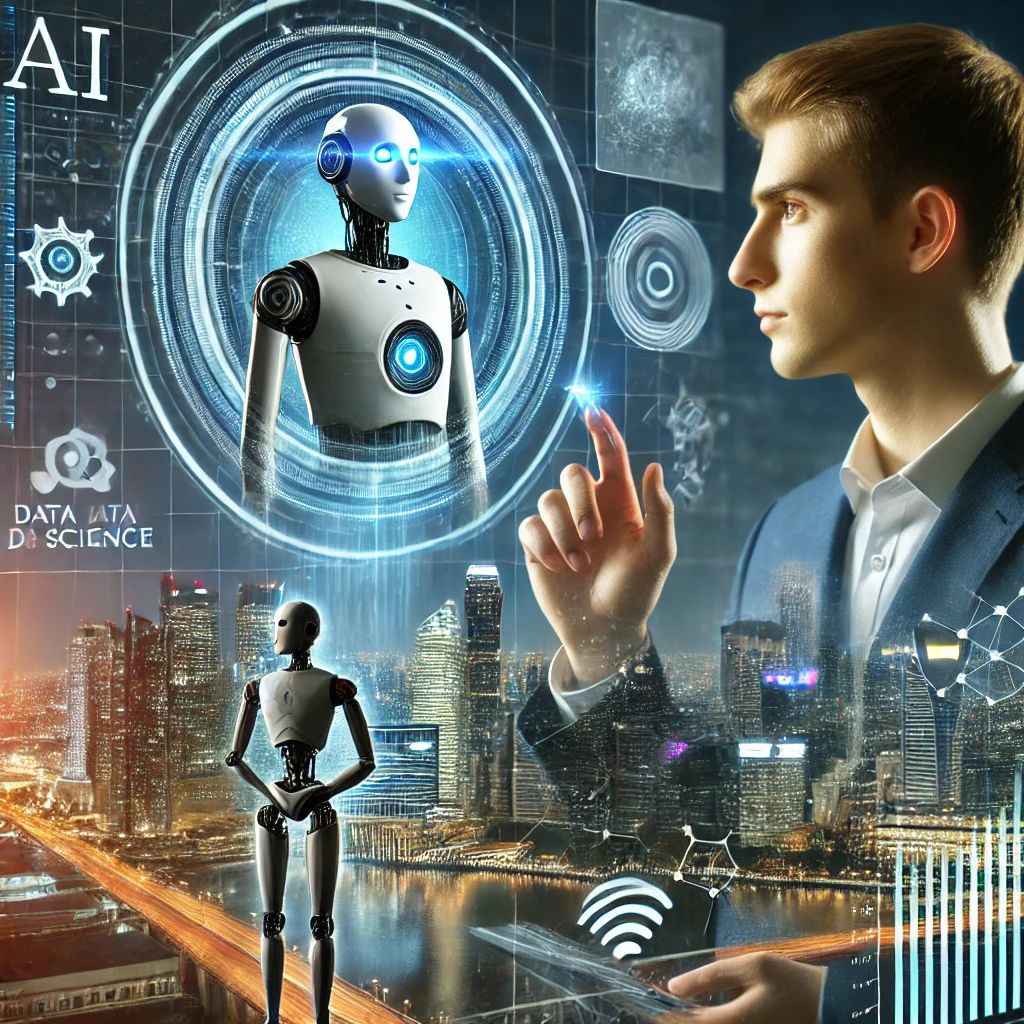Water scarcity is a growing global crisis, with climate change, urbanization, and population growth putting immense pressure on freshwater resources. Fortunately, Artificial Intelligence (AI) in water conservation is emerging as a game-changer, offering smart solutions to optimize water use, detect leaks, and ensure sustainability. By integrating AI-driven analytics, businesses, municipalities, and households can contribute to a more eco-friendly future while reducing costs.
Table of Contents
ToggleHow AI is Transforming Water Conservation
1. AI-Powered Leak Detection
One of the most critical water-wasting issues worldwide is leakage in pipelines and water distribution networks. AI-driven smart sensors can detect leaks in real time, preventing massive water loss. These technologies analyze flow patterns, pressure variations, and anomalies to send alerts and facilitate instant repairs.
2. Smart Irrigation Systems
Traditional irrigation methods often lead to overwatering, wasting vast amounts of water. AI-powered irrigation systems use machine learning and weather forecasting to optimize watering schedules. These systems analyze soil moisture levels, weather predictions, and crop requirements to ensure plants get the right amount of water without excess waste.
3. AI in Wastewater Recycling
Wastewater treatment is essential for sustainable water management. AI enhances this process by:
- Identifying contaminants more efficiently.
- Automating filtration systems.
- Reducing chemical waste in purification.
AI models predict the best methods for treating industrial wastewater, making water reuse safer and more efficient.
4. AI for Flood and Drought Prediction
Extreme weather events such as floods and droughts pose a significant risk to water sustainability. AI-powered predictive analytics can assess weather patterns and historical data to:
- Forecast potential droughts and prevent water shortages.
- Predict flood-prone areas to improve disaster response.
- Optimize water storage and distribution systems accordingly.
5. AI-Driven Smart Water Management in Cities
With the rise of smart cities, AI is helping municipalities efficiently manage their water supply by:
- Monitoring real-time water consumption.
- Reducing non-revenue water loss.
- Enforcing automated billing systems based on consumption data.
AI Technologies Used in Water Conservation
Machine Learning Algorithms
AI-powered machine learning models analyze vast amounts of data to identify trends, predict future demand, and optimize water use.
IoT-Enabled Smart Sensors
Connected Internet of Things (IoT) sensors collect data from pipes, reservoirs, and natural water bodies to ensure efficient management.
Cloud-Based Data Analytics
With cloud computing, AI can process data in real time, allowing governments and industries to make data-driven decisions about water conservation.
Computer Vision for Water Quality Monitoring
AI-powered computer vision systems can detect pollutants in water sources, helping authorities take immediate corrective actions.
Benefits of AI in Water Conservation
Reduces Water Waste – Smart technologies ensure efficient water utilization in agriculture, industries, and households.
Improves Water Quality – AI monitors pollutants, ensuring safe and clean drinking water.
Cost-Effective – Optimized water management reduces operational costs for businesses and municipalities.
Enhances Sustainability – AI promotes eco-friendly practices, supporting global water conservation efforts.
Mitigates Climate Change Impact – AI helps cities adapt to extreme weather patterns and water shortages.
Real-World Applications of AI in Water Conservation
- Google’s AI-Powered Water Cooling System – Google uses machine learning algorithms to optimize water usage in its data centers, reducing water consumption by 40%.
- Xylem’s Smart Water Solutions – Xylem, a global water technology provider, leverages AI-based analytics to detect leaks and predict water demand.
- IBM’s Green Horizons Project – IBM uses AI-powered forecasting models to track water pollution levels and improve conservation strategies.
Challenges and Future Prospects
While AI presents revolutionary solutions for water conservation, some challenges remain:
- High Initial Costs – AI systems require significant investment in sensors, infrastructure, and data processing.
- Data Privacy Issues – Ensuring secure handling of water consumption data is crucial.
- Need for Skilled Professionals – AI-driven water management requires data scientists and engineers for effective implementation.
Future of AI in Water Sustainability
The integration of AI with blockchain technology for transparent water trading, 5G-enabled IoT devices for real-time monitoring, and AI-powered desalination plants can revolutionize water conservation on a global scale.
Final Thoughts
AI in water conservation is not just a futuristic concept—it is already transforming the way we manage water resources. By embracing AI-driven solutions, businesses, cities, and individuals can ensure a sustainable, water-secure future for generations to come.
For more insights on AI-driven sustainability and AI-powered home devices, visit World Resources Institute.
FAQs
1. How does AI help in water conservation?
AI uses machine learning, smart sensors, and predictive analytics to optimize water usage, detect leaks, and improve wastewater treatment.
2. What industries benefit from AI-powered water management?
Industries like agriculture, manufacturing, real estate, and smart cities benefit from AI-driven water conservation strategies.
3. Can AI prevent water pollution?
Yes! AI-based monitoring systems detect pollutants, track contamination levels, and improve wastewater recycling processes.
4. Is AI-driven water management expensive?
While initial costs can be high, long-term savings on water bills, reduced waste, and optimized resource management make AI a cost-effective investment.
5. What is the future of AI in water conservation?
The future lies in AI-powered desalination, smart irrigation, real-time water quality monitoring, and climate adaptation solutions to combat water scarcity effectively.



